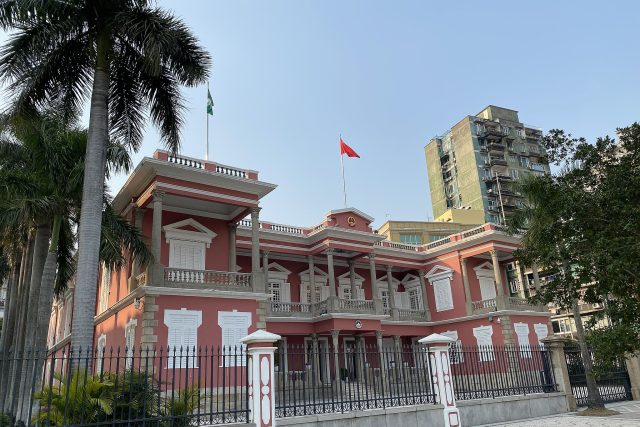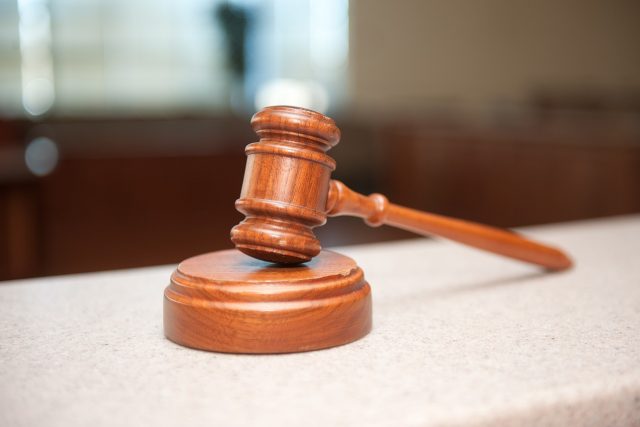Reporters Without Borders (RSF) denounced on Friday Macau’s decision to expand their national security law, which takes effect this week. The effect of these changes, according to RSF, “increases the pressure on journalists and further threatens the residents’ right to information.”Macau’s National Security Law defines seven crimes that can result in a maximum sentence of up to 25 years’ imprisonment. Under the revised rules, enacted at the end of May, the law now encompasses “any individual” who is suspected of undermining China’s national security. This applies regardless of the territory in which the acts occur, and regardless of nationality, meaning that Macau law enforcement will have authority to pursue suspected violations extraterritorially. National security suspects can also be subject to communications surveillance and restricted from leaving Macau for up to five days upon court orders.Speaking on the changes, Cédric Alviani, RSF East Bureau Director, stated:The original regulation was already dangerously open to interpretation, and the expansion of its scope makes it the perfect tool for the government to intimidate, and possibly detain, the journalists they dislike. We urge the international community to build up pressure on the Chinese regime to restore full press freedom in Macau and Hong Kong, and to release all 113 journalists and press freedom defenders detained in the country.The crimes have been expanded far beyond their previous definitions. For example, “subversion” and “secession” now extend to non-violent acts, while “sedition” includes “acts that incite participation in riots.”The Journalists Association of Macau were also critical of the amendments, saying that the increase the risk of journalists being targeted for their speech. Similarly, a former Macau legislator and activist, Au Kam-san, noted that these amendments could create space for arbitrary law enforcement and argued that such flexibility for law enforcement is damaging to human rights and the free press.These enforcement powers come in the wake of recent claims of harassment and arbitrary detention of journalists and activists across South-East Asia, including Vietnam, Hong Kong, and Thailand.




The Most Read
Сryptocurrencies
Bitcoin and Altcoins Trading Near Make-or-Break Levels
Financial crimes
Thieves targeted crypto execs and threatened their families in wide-ranging scheme
Financial crimes
Visa Warning: Hackers Ramp Up Card Stealing Attacks At Gas Stations
News
Capitalism is having an identity crisis – but it is still the best system
Uncategorized
The 73-year-old Vietnamese refugee is responsible for bringing Sriracha to American consumers
Uncategorized
Electric Truckmaker Rivian, Backed By Amazon, Ford, Raises Whopping $1.3 Billion